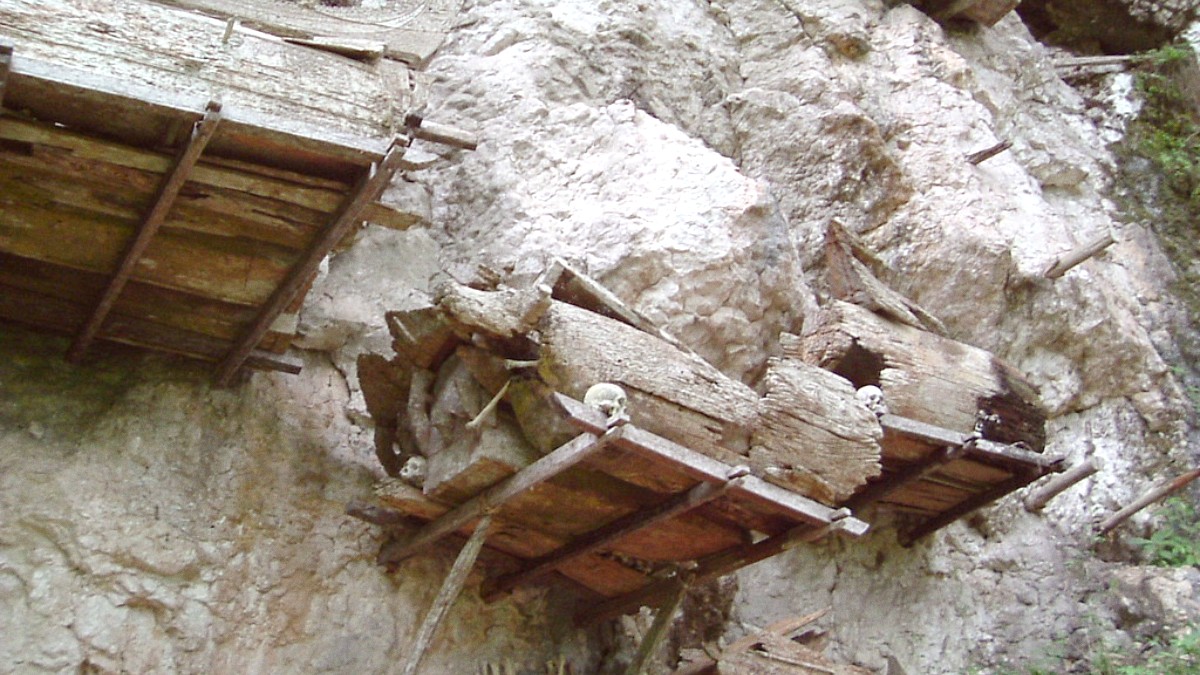
Sulawesi, Indonesia
Telkomsel, XL Axiata, and Indosat Ooredoo are the main mobile providers in Indonesia. Telkomsel generally provides strong coverage.
Most mid-range and higher-end hotels and guesthouses offer complimentary Wi-Fi for guests.
A main post office is in Rantepao. It offers standard postal services for sending postcards or packages.
Indonesian (Bahasa Indonesia) is the official language. Torajanese is the local language.
An Indonesian SIM card and phone are pictured for communication readiness. Consider portable Wi-Fi from Solis Wi-Fi for consistent connectivity. For language learning, explore Rosetta Stone.
Local business hours and schedules vary across Tana Toraja, influencing daily activities and services.
Generally open from 9:00 AM to 9:00 PM. These hours are common for retail establishments.
Local eateries often open early, around 6:00 AM, and close late, around 10:00 PM, for all meals.
Most sites are accessible during daylight hours, typically from 8:00 AM to 5:00 PM. Open-air sites may lack strict closing times.
Banks generally open from 8:00 AM to 3:00 PM, Monday to Friday.
Indonesia observes various national public holidays, including Eid al-Fitr, Christmas, and New Year. Travel during these times.
An ATM machine in Indonesia displays its screen, signifying banking availability.
Priority Pass for airport lounge access before your flight. Compensair for flight delay compensation.Cultural norms in Tana Toraja contribute to local interactions and visitor experiences.
A handshake is common. Using titles shows respect to elders or respected individuals.
Modest dress is appreciated. This is notably true when visiting sacred sites, traditional villages, or ceremonies.
Eat with your right hand; the left hand is considered unclean. Offer food to others before serving yourself.
Photography is generally permissible at tourist sites. However, specific considerations apply.
A Torajan woman demonstrates traditional weaving on a loom, a common cultural activity.
Tana Toraja presents considerable challenges for travelers with mobility needs.
Tana Toraja's infrastructure is not designed for accessibility. Roads, sidewalks (where present), and attraction pathways.
Very limited accessible attractions exist. Most traditional sites demand walking on uneven terrain, climbing steps, or narrow paths.
Specialized services for travelers with visual or hearing impairments are limited.
No specific local organizations dedicate themselves to accessibility tourism in Tana Toraja.
An uneven stone pathway through a traditional village highlights typical terrain.